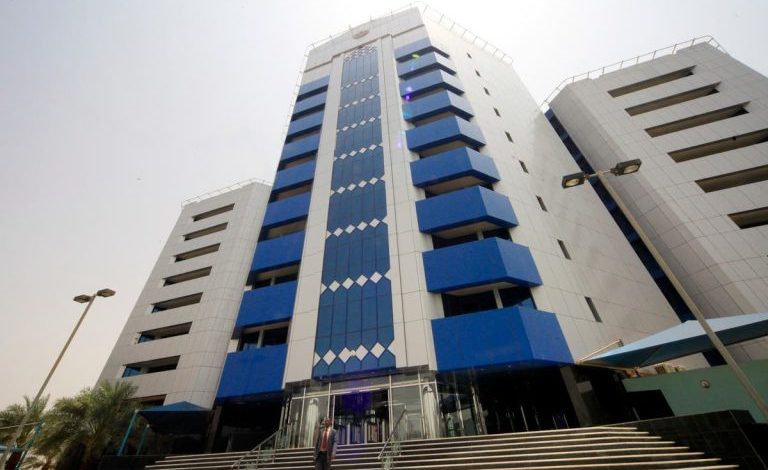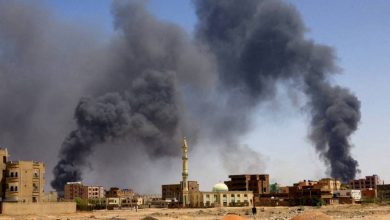Reports
Banking Sector losses.. Deposits Secured

Report by Rehab Abdullah
The views expressed by banking experts varied bout the Sudanese banking sector being exposed to imminent collapse, after the war machine extended to the economically giant, Al Gezira state, where the remaining banking and financial institutions in the country took refuge following the outbreak of war between the Rapid Support Militia and the Sudanese Armed Forces, April 2023, with no official statistics about the loss incurred as a result of the looting off banks , but from what is published, the looting has affected dozens of banks, countrywide.
Current position
According to banking sources, many banks have gone bankrupt, others have closed their doors, and a third group is still operating at a small rate compared to the period prior to the war outbreak. There are no new deposits in light of the difficulty of adhering to the public’s dues, which has made the majority of depositors withdraw their money, with the difficulty that may extend for days because the central bank has set a ceiling for withdrawing cash from accounts at the various banks.
The suffering is not limited to those with balances who are jostling in long lines to obtain the remainder of their savings, but also to the displaced who receive financial transfers from their relatives abroad to help them with their livelihoods.
Financial losses
The evidence is that the militia occupied and looted the Central Bank of Sudan in the capital and burned its building in Gezira. The Central Bank announced the destruction of the Central Bank’s infrastructure, the bank’s headquarters, some of its branches in some states, ATMs, banking systems and services.
Mohamed Abdel Aziz, banking expert, has confirmed that the banking sector, despite what happened, has been able to enjoy the confidence of depositors. He attributed this to the fact that information and data were retrieved within a short time, stored in other locations, and linked to external devices. However, in statement to (Sudan Events), he expected that the sector’s profitability would be harmed as a result of the deficit resulting from expected losses in the financing the sector had earlier granted to clients.
Economic experts estimated the losses suffered as a result of the outbreak of the war in the country during the first three months alone at $9 billion, or $100 million per day, while the volume of looting and attacks on citizens’ homes was estimated at $40 billion.
Economist Dr. Haitham Fathi said that the estimates were concluded from studies conducted by economic experts. Earlier, the former Minister of Finance in the transitional government, Dr. Ibrahim Al-Badawi, had estimated the size of the losses to the country’s infrastructure at about $60 billion; amid expectations that losses will rise significantly as the war continues, Al-Badawi expected that the gross domestic product would decline by about 20 percent if the war did not stop soon.
All rights protected
However, banking expert Dr. Louay Abdel Moneim confirmed that the banks’ position is secure, and he attributed this to the fact that the Central Bank has legislation, policies, legal reserves, and a deposit insurance fund that guarantees the preservation of the public’s deposits. He pointed out that the amounts available in the branches in general are limited and are sufficient for the branch’s need to meet withdrawals for a day or two, and there is a follow-up and control mechanism that does not allow the branches to keep amounts in excess of what is permitted (no more than 10% of the total deposits), so the amounts looted from banks do not pose a significant risk to the financial position of the banks, in addition, banks insure the safes in the branches against theft, riots, and breach of trust with large local insurance companies, and they in turn carry out the reinsurance process with international insurance companies abroad whose financial position is solid.
The central Bank has announced that it would work in coordination with the executive departments of banks and other relevant parties to adopt all alternatives and solutions that will enable banks to deal with the effects and losses resulting from this crisis, within the framework of the laws and accounting and supervisory standards regulating banking work, in a way that preserves the rights of depositors and those dealing with banks and achieves safety and stability of the banking system.



